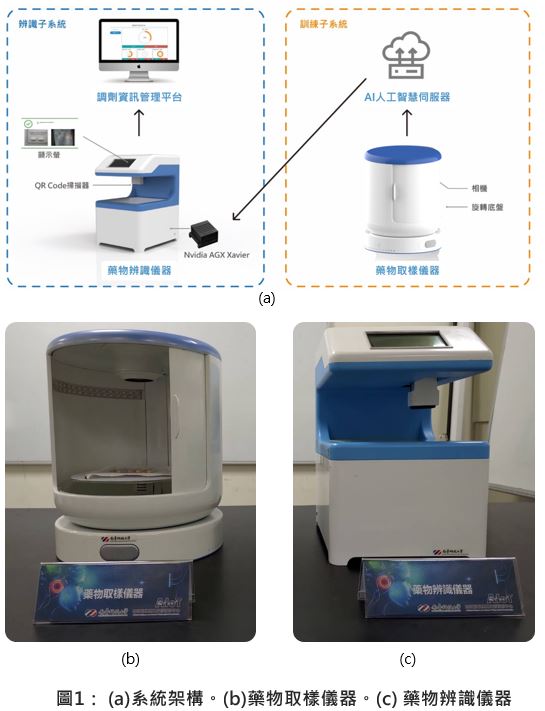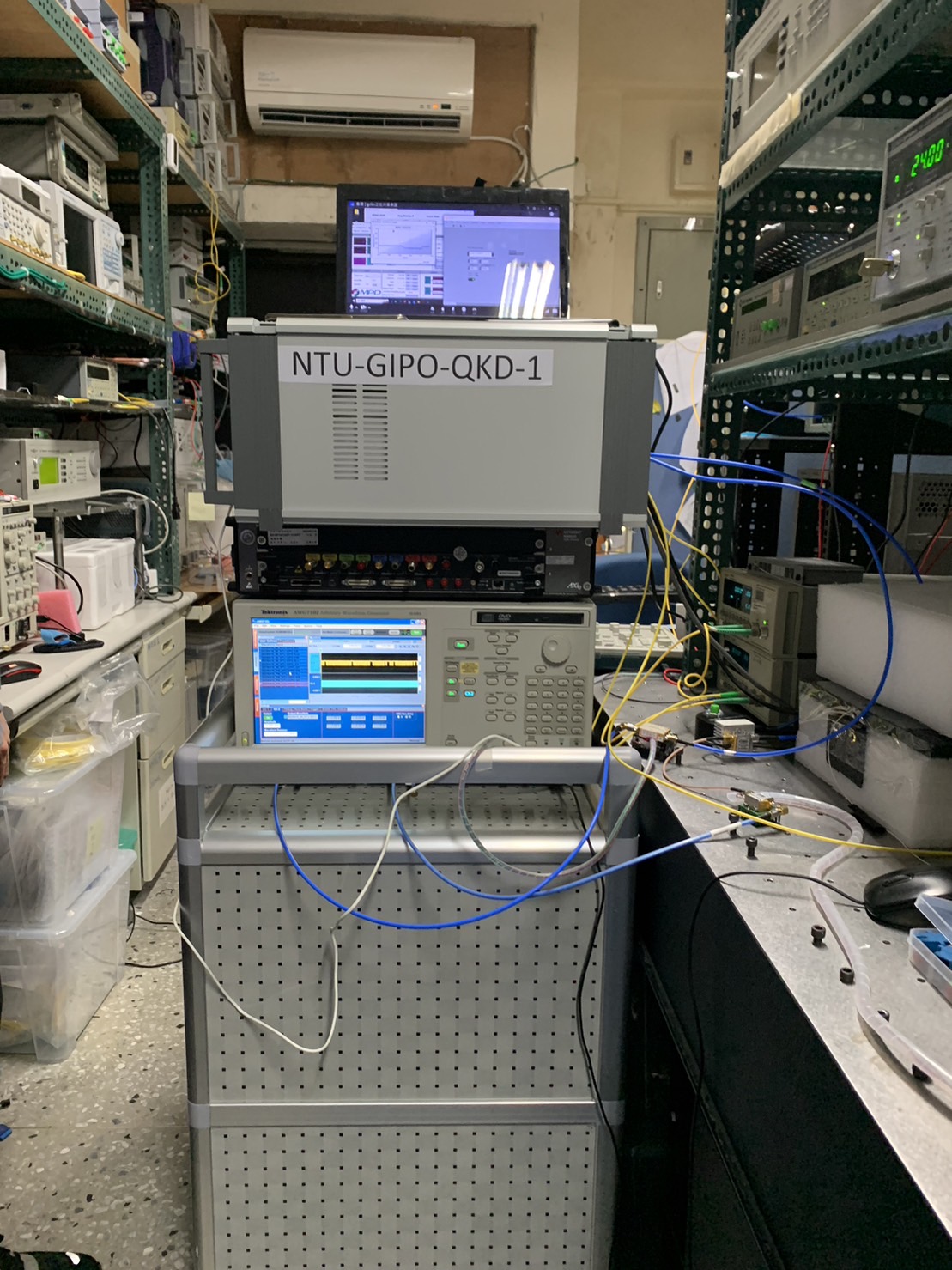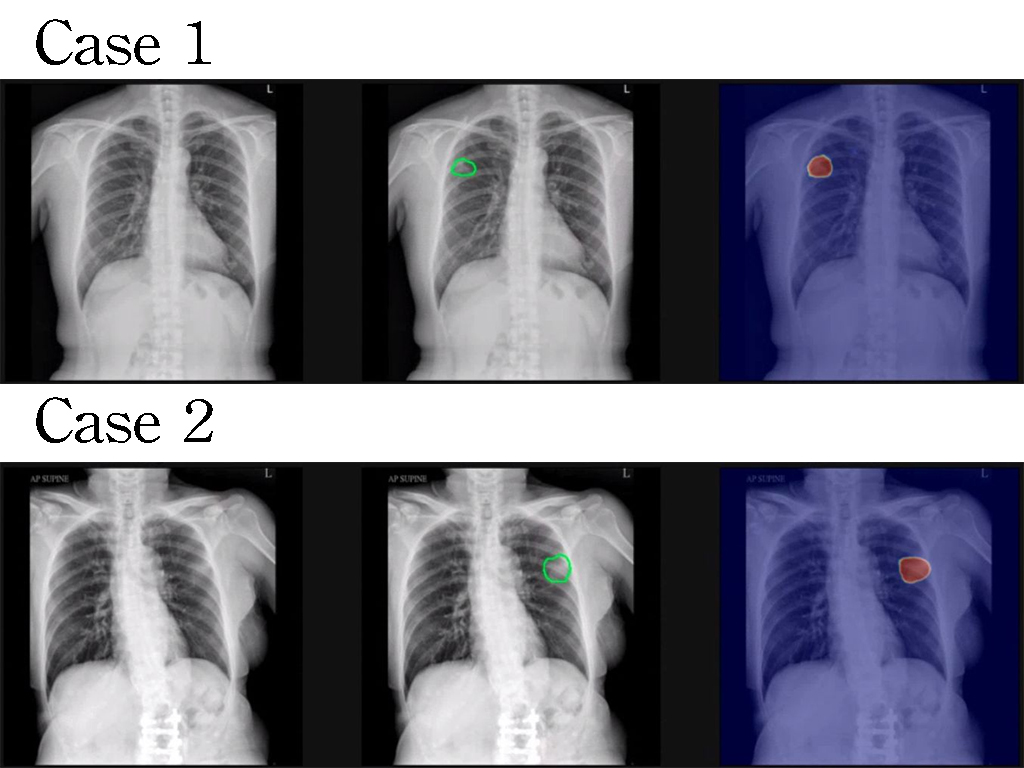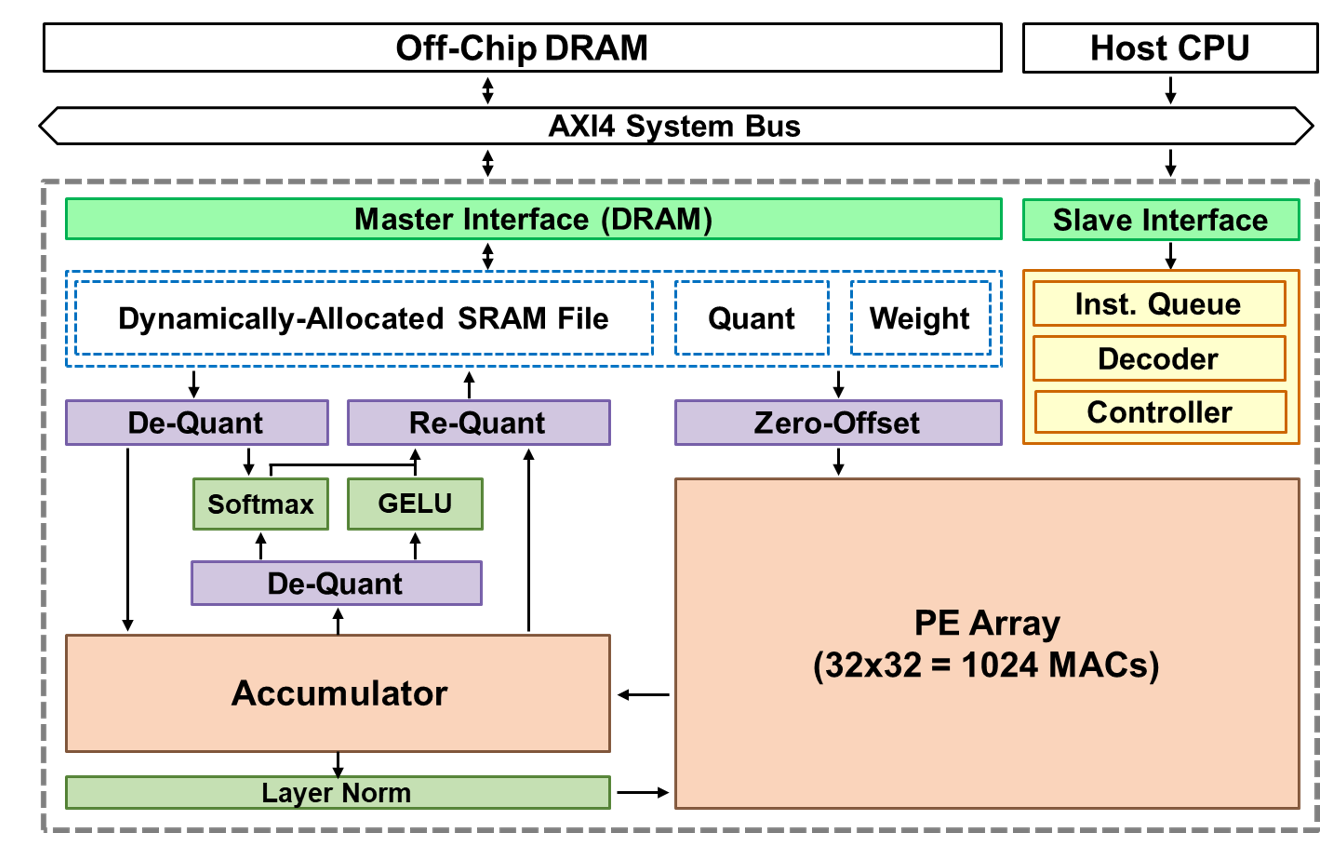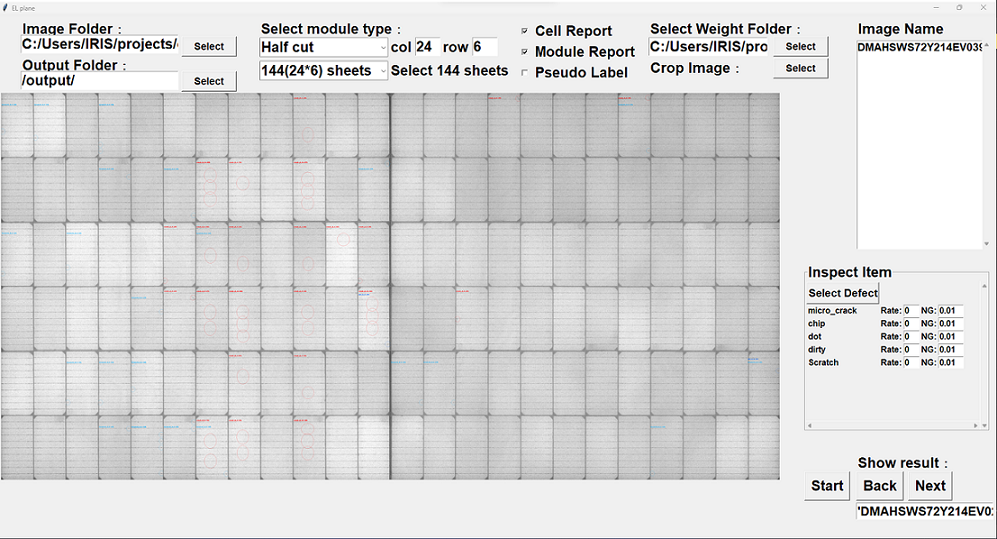| Technical Name | Using Machine Learning to Assist in Building Earthquake Impact Assessment | ||
|---|---|---|---|
| Project Operator | National Science and Technology Center for Disaster Reduction | ||
| Project Host | 柯孝勳 | ||
| Summary | Based on large database of old buildings and utilizing machine learning, a hybrid AI model for assessing building seismic resistance is developed. This model applies deep learning algorithms, using seismic resistance big data as input, combined with earthquake scenario simulations. It effectively estimates the seismic resilience of various building types. Focusing on high-risk earthquake zones within the urban model framework, the analysis results are presented in visual and digital formats to support decision-making in earthquake disaster impact. |
||
| Scientific Breakthrough | This technological breakthrough applies machine learning techniques to seismic impact assessment. By constructing a seismic resistance big data database and conducting deep learning training, the developed technology uncovers the fundamental causes and risk factors of building damage. Utilizing deep learning algorithms, a multi-dimensional earthquake impact model has been developed to rapidly and accurately assess high-risk damage areas in seismic scenarios. These results are presented in a detailed, visualized format for individual buildings, effectively aiding disaster prevention and response units in making more informed decisions. |
||
| Industrial Applicability | This technology holds significant value in building safety and disaster management. By leveraging deep learning and big data analysis, it can accurately assess a building's seismic resistance. Earthquake scenario simulations and damage assessment tools assist local governments, insurance companies, and urban planners in identifying high-risk areas and developing effective disaster prevention strategies and emergency response plans. |
||
| Keyword | Deep machine learning Earthquake scenario simulation Big data analysis Building damage analysis Disaster impact visualization Dangerous old buildings | ||
- Contact
- Chih-Hao Hsu
- willie2567@ncdr.nat.gov.tw
other people also saw

